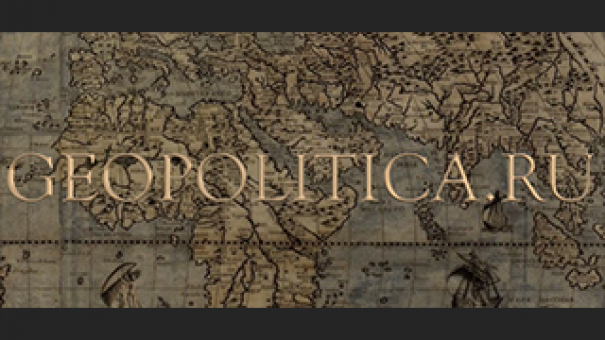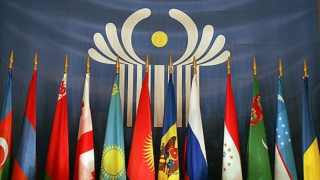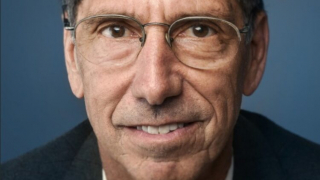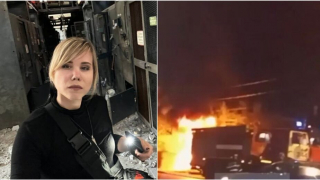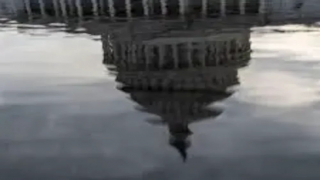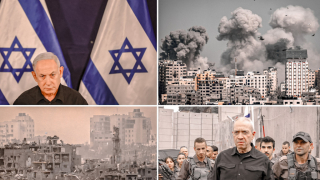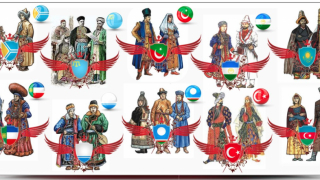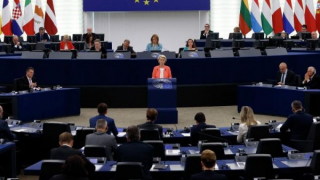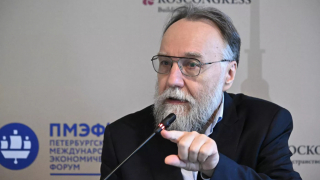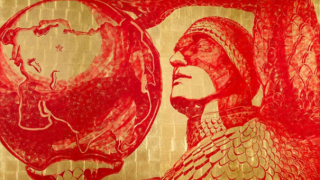07.12.2016
Russian Deputy Prime Minister Dmitry Rogozin has reported that the agreements on the supply of wheat grain have been reached within the Russian-...
30.11.2016
In Moscow, a meeting of the CIS countries’ defense ministers is beginning.
06.10.2022
In the structure of the modern Western world, wars currently no longer serve the purpose of settling scores between two countries, moved by the...
22.08.2022
Darya Dugina, 30, daughter of Alexander Dugin, a smart, strong, ebullient, enterprising young woman, whom I met in Moscow and had the honor to...
18.10.2024
The historic turning-point that started the climb-down from 25 July 1945 occurred on 9 October 2024, by means of an event that was buried in the news...
14.10.2024
At the very moment when people around the world, especially Muslims, are launching campaigns to boycott Israeli products, hypocritical politicians...
28.05.2024
Turan was the name given to Central Asia by the Iranian peoples in ancient times. Pan-Turanism aims to unite all Turkic and other Altaic peoples in...
02.10.2024
When the European Union as a political institution was established on 1 November 1993 with the Maastricht Treaty, following the already established...
06.06.2024
"BRICS is a dialogue of cultures," while the West is still outside BRICS because it insists that there are no cultures and civilizations other than...
04.12.2016
10 people were killed and 17 were wounded during the terrorist attack in the Iraqi capital.
The bomb was into the vehicle, located on the bustling...
26.10.2022
The first and most important statement is that Russia is an independent, original civilization. This statement is the axis around which there should...

